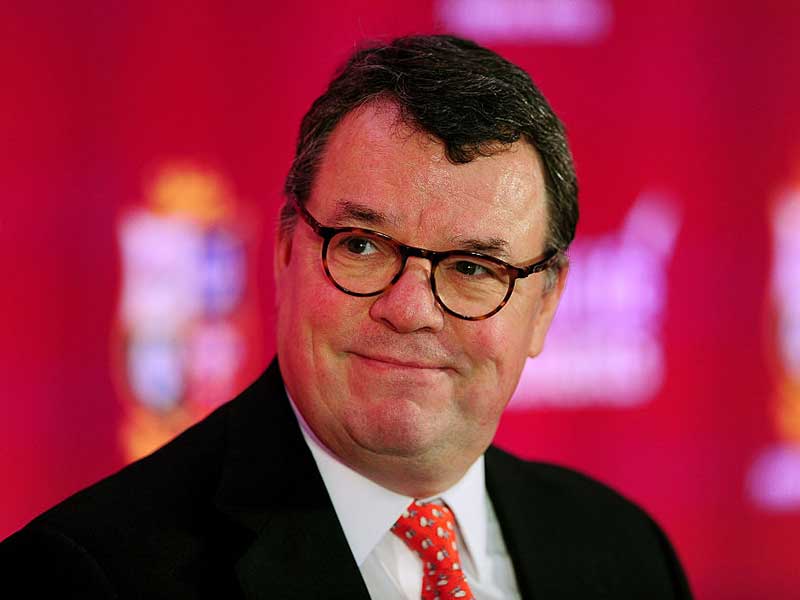
On March 6, Standard Life confirmed a deal to acquire Aberdeen Asset Management for £3.8bn ($4.7bn). The combined firm – worth a total of £660bn ($809.4bn) – will be the largest asset manager in the UK and the second largest in Europe.
Established in 1825 as an insurance company, Standard Life currently boasts 4.5 million customers and clients worldwide. More recently, the company has shifted its focus toward asset management. The acquisition of Aberdeen underscores this shift, cashing in on the company’s complementary research expertise and substantial synergies.
Standard Life has shifted
its focus toward asset management… The
acquisition of Aberdeen underscores this shift
BBC Scotland’s business and economy editor, Douglas Fraser, commented: “Scale counts when you are talking information technology and computing, back-office, where there will be some duplication and they can cut costs there.”
The new company is yet to be branded, but its name will incorporate both Standard Life and Aberdeen. Keith Skeoch, CEO of Standard Life, and Martin Gilbert, CEO of Aberdeen, will share leadership responsibilities as co-CEOs. The board will also be split equally, and the company will be headquartered in Scotland.
Keith Skeoch, CEO of Standard Life, commented: “The combination of our businesses will create a formidable player in the active asset management industry globally. We strongly believe that we can build on the strength of the existing Standard Life business by combining with Aberdeen to create one of the largest active investment managers in the world and deliver significant value for all of our stakeholders.”
The announcement comes amid stiff competition from US asset-management giants like Blackrock. Building on Skeoch’s comments, Martin Gilbert emphasised the significance of enabling the combined group to compete at a global level: “This merger brings financial strength, diversity of customer base and global reach to ensure that the enlarged business can compete effectively on the global stage.”
However, Fraser believes: “What they are not spelling out so much is that they are under competitive pressure because they are in the business of active management of funds. Money is pouring into passive management without the expensive research teams.”


